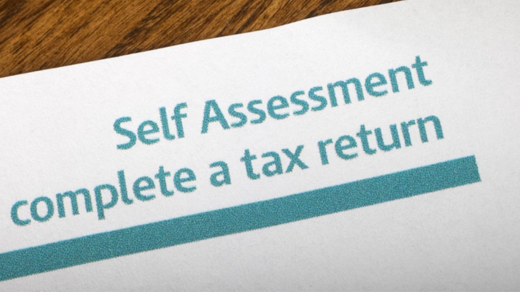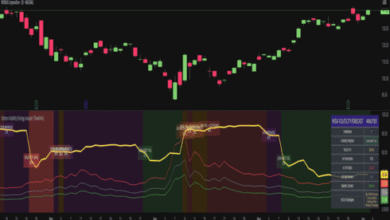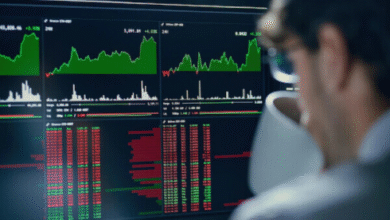Filing Season Stress? HMRC Wants You to Know More About Self Assessment

UK tax season has a tendency to creep up on you, especially for those individuals who don’t even realise they’re required to file. Although salaried workers with straightforward income often have taxes handled via PAYE, lots of them are unknowingly steered into the self assessment trap.
If you’re juggling between freelance income, side jobs, foreign currencies, or even rental income, you will most likely be required to submit a self assessment tax return. The bad news? Most don’t find this out until HMRC sends an unwelcome reminder, or even a fine.
Who Really Needs to File a Self Assessment?
One of the most common myths is that only the self-employed are required to make a return. In reality, HMRC expects self assessment returns from a very wide number of individuals.
This includes company directors, landlords, those earning more than £100,000, or anyone who receives untaxed income like dividends, cryptocurrencies, or foreign investments. Even if it is taxed upfront at source, you might need to report it nonetheless. The lines are generally thin, so it is astonishingly easy to forget the requirement.
Deadlines and Penalties: Why Timing Matters
The self assessment deadline typically falls on 31 January for online submissions. But waiting until the last minute is risky, especially if you’re still gathering documents or unsure of your figures.
Miss the deadline, and you’re looking at an immediate £100 fine. Wait some more, and the bills rack up: penalty charges every day, interest on taxes owed, and even additional charges based on how much you owe. Filing early doesn’t just save you the cash, you get to fix your mistakes and speak with an advisor if you need to, too.
What HMRC Wants You to Know (But Doesn’t Always Say)
HMRC does give guidance on who must file, but they do assume that individuals are more aware than they actually are. They won’t naturally explain it to you unless you’re already on their register.
That’s why it’s important to be proactive. If you’ve had any form of untaxed income in the past year, don’t assume you’re in the clear. Registering for self assessment is your responsibility and ignorance isn’t a valid excuse in the eyes of HMRC.
The Most Overlooked Sources of Taxable Income
Self-assessment is more than you can imagine. People have the tendency to overlook disclosing things like foreign savings account interest, cryptocurrency profits, or side consultancy fees.
The majority are not aware when HMRC’s data-matching capabilities spot unreported income. It’s more common than ever for HMRC to open an enquiry from third-party information like banks, property registers, or even websites.
Don’t Forget the Allowances and Reliefs
While self-assessment may be a hassle, it is also possible to take tax reliefs and deductions. You can offset expenses if you are self-employed, claim tax relief on charitable donations, or even reduce your bill through pension contributions.
The issue is; if you haven’t a clue what to claim for, you might end up losing out. That’s why taking advice or using professional software can be a huge difference when it comes to what you pay in tax.
When Should You Seek Help?
The self assessment system is designed to be DIY-friendly, but that doesn’t mean it’s always simple. If you’re dealing with multiple income streams, recent asset sales, or foreign earnings, it’s wise to speak with a tax advisor.
Even a brief consultation can prevent costly errors like failing to meet deadlines, reporting income incorrectly, or forgetting key deductions. Hiring a professional may be worthwhile for most, since the cost pays back in both peace of mind and reduced tax.
Stay Informed and Stay Ahead
Don’t wait till the end to complete your self assessment tax return. With UK VAT rate increasing their focus on tracking data and enforcement, there is more likelihood than ever of being caught out.
Understanding the system and your responsibilities is the start of keeping up. Whether you’ve been freelancing for years or are just a first-time filer, owning your tax return means fewer surprises and more confidence next year.




